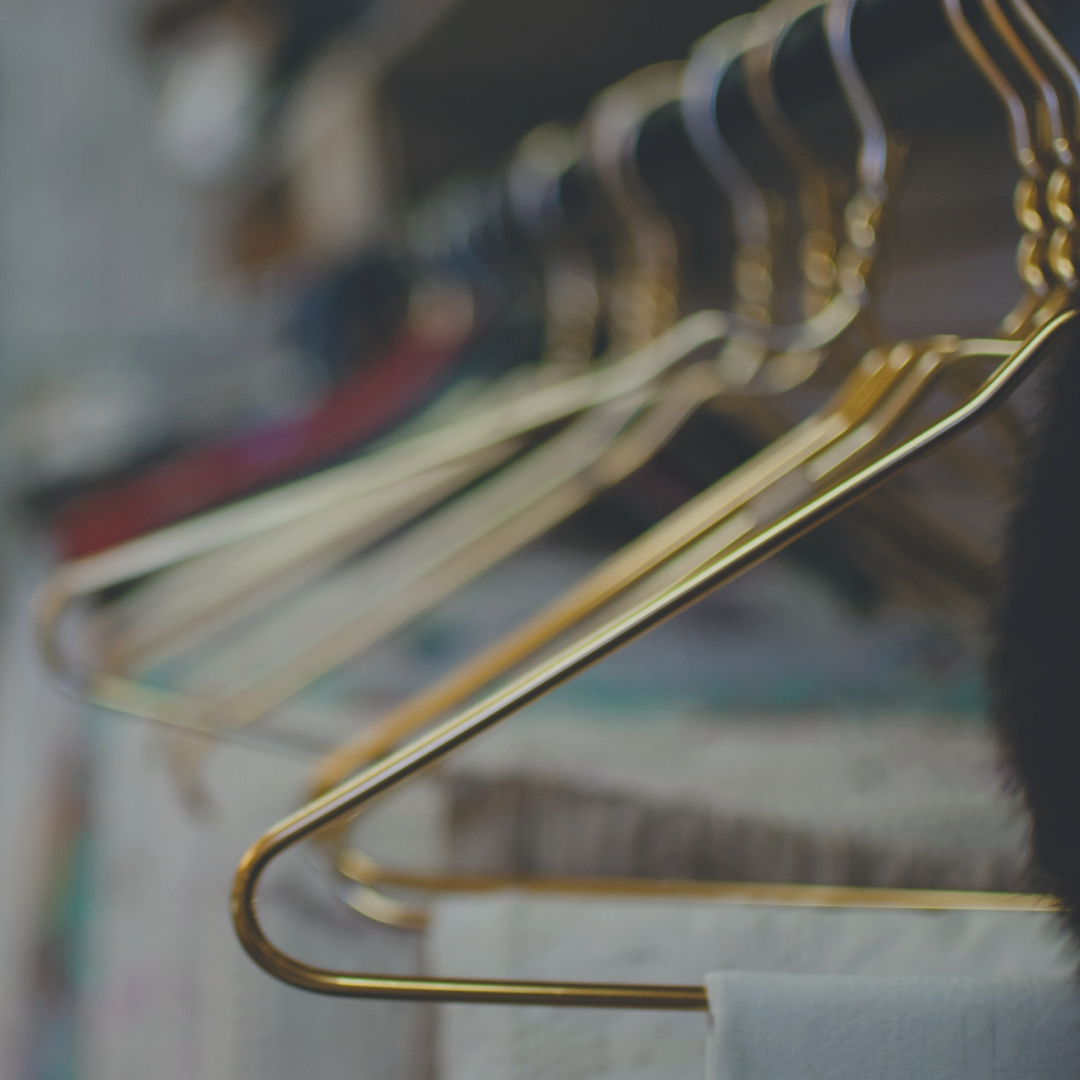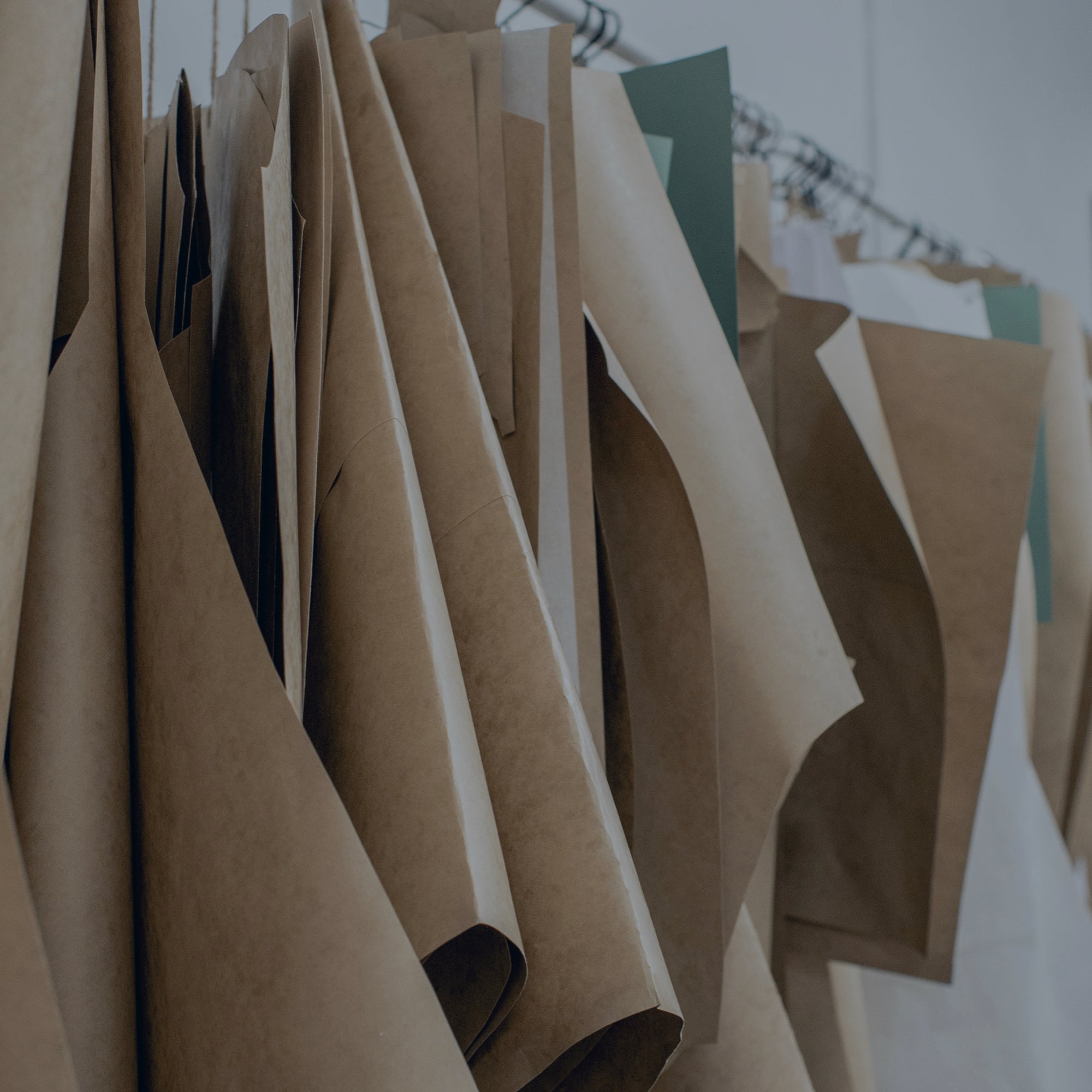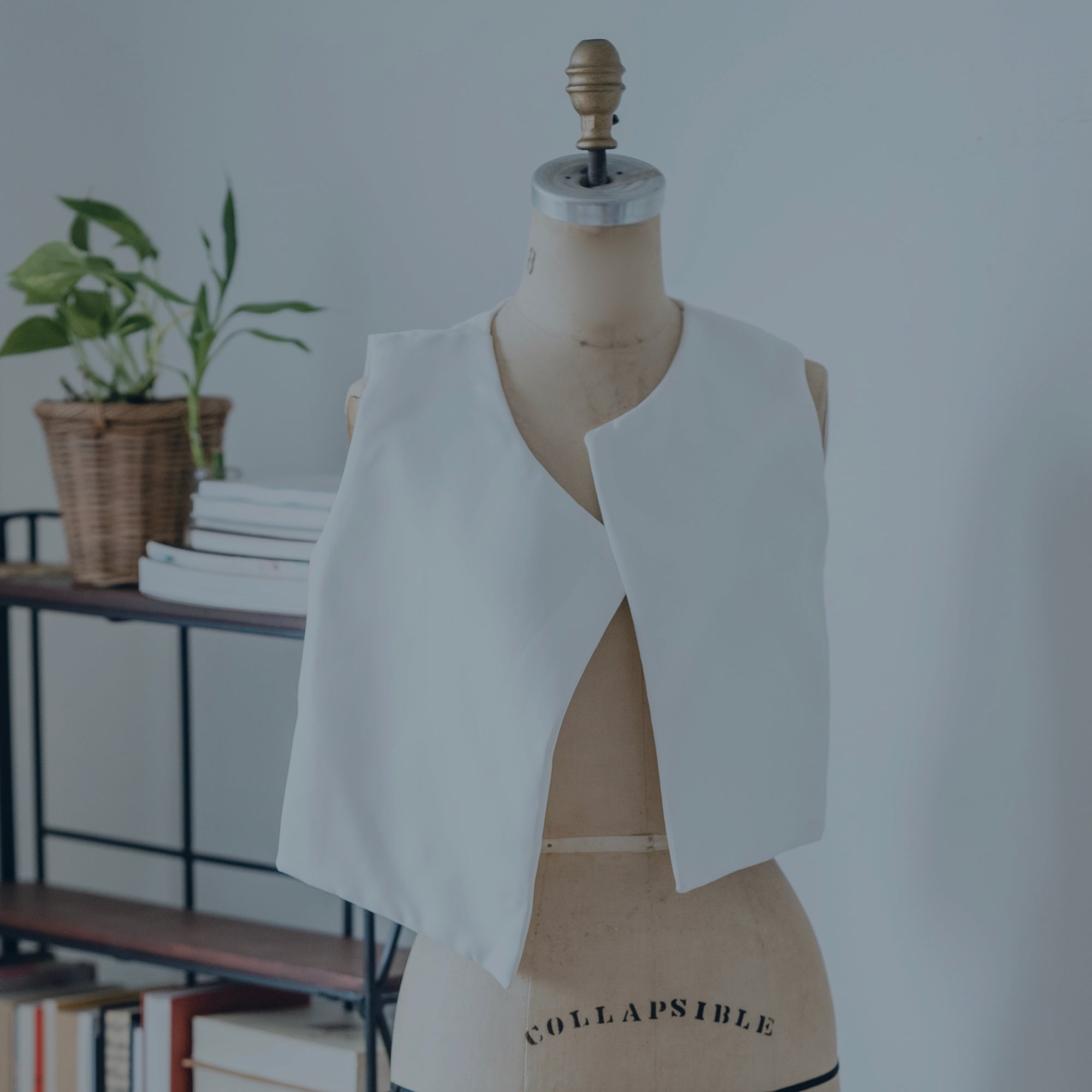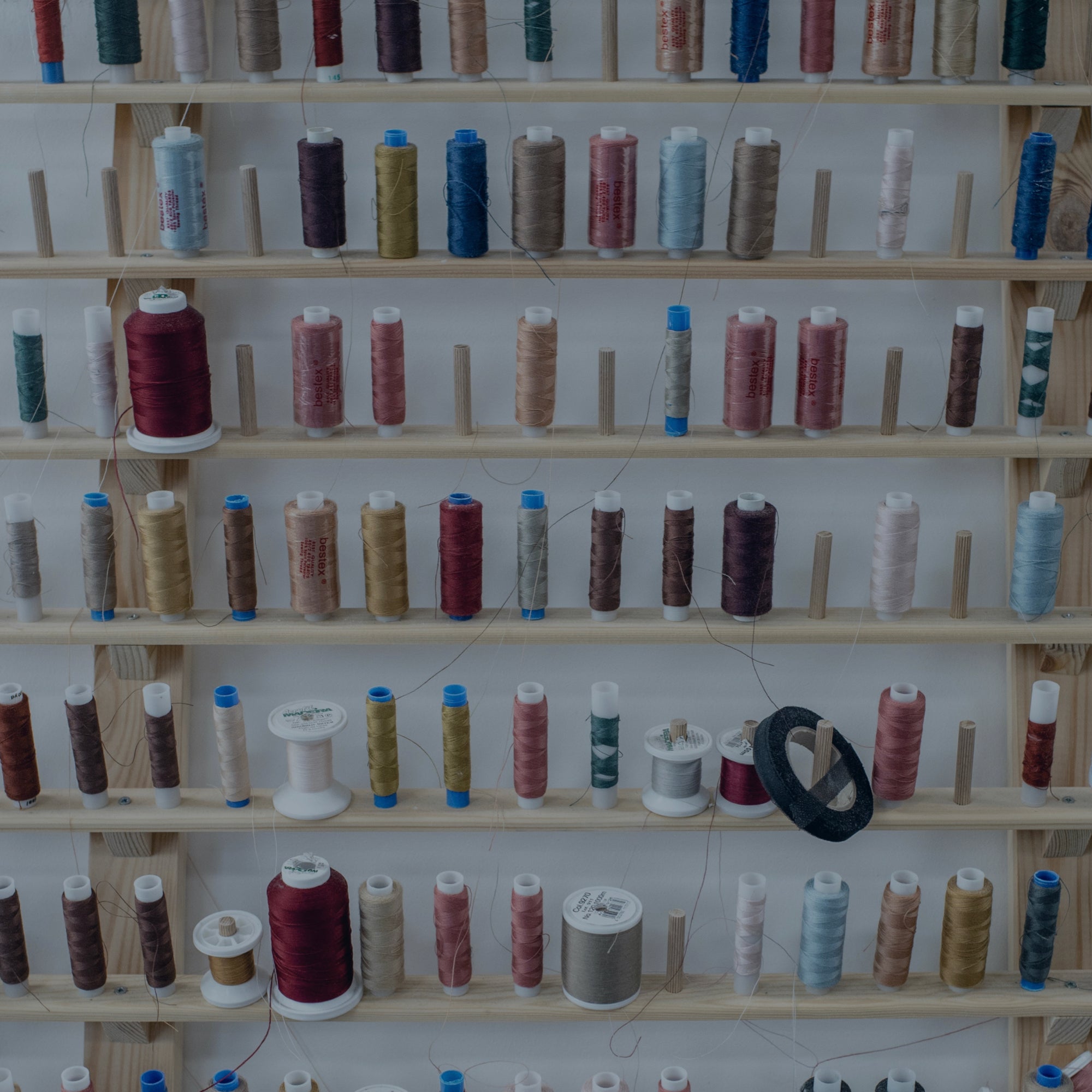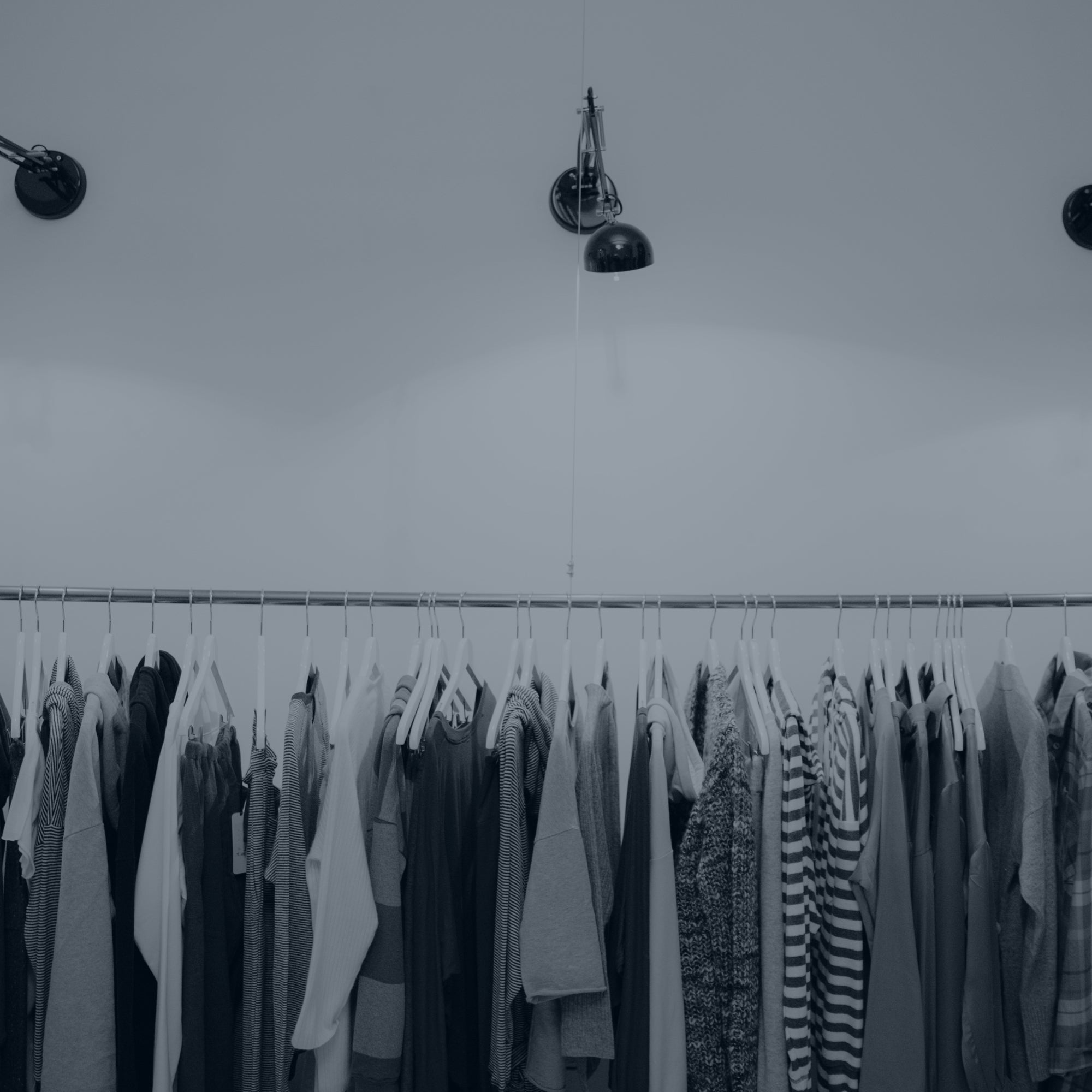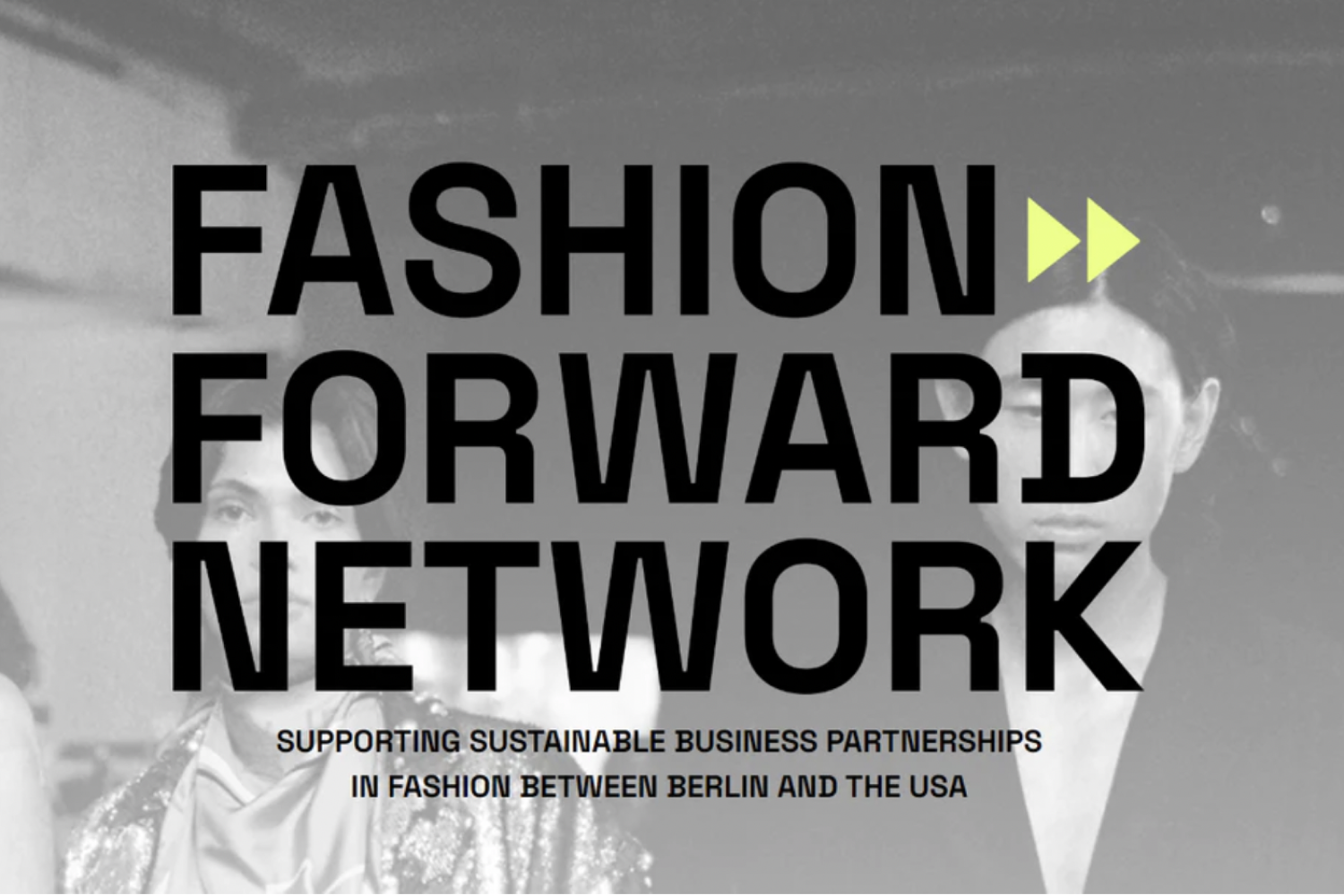Marte Hentschel: ‘The fashion industry needs a post-Corona vision’

Corona has shaken up the entire fashion industry, especially when it comes to the production of fashion articles. Currently, it is still not clear how many will survive this crisis. However, it is also noticeable that there is an increase in the demand of protective masks and hygiene articles. There are great challenges for the Berlin fashion industry, but there are also many advantages that can be taken. Could the COVID-19 crisis even save the fashion industry? Jens Thomas from Creative City Berlin talked about this with our CEO Marte Hentschel.
CCB Magazine: Hello Marte, the market of the fashion industry is completely collapsing. Or am I mistaken?
Marte Hentschel: No, you’re not wrong. The fashion industry is experiencing a considerable decline in sales, currently around 35 percent. According to a survey by the Fashion Council Germany, the German fashion industry is even expecting a 50 percent drop in sales this year. Even e-commerce, which has also slumped by 20 percent, will not be able to compensate for this. Supply chains have almost completely collapsed due to the dependence on global flows of goods, as most labels and manufacturers have outsourced production to low-wage countries over the past 30 years. This also affects us at Sqetch. We had to apply for Soforthilfe II, which is 14,000 euros in grant money, but that only covers the bare necessities for a few weeks. We had to put a current project with a new permanent position on hold. Many people feel that way at the moment. There is hardly any demand for fashion articles right now.
CCB Magazine: What’s the reason for this?
Marte Hentschel: In the home office, the jogging pant is more comfortable than a suit. Except for hygiene textiles and sportswear, sales declined in almost all product groups. This is an extremely difficult situation, especially for the large number of independent labels, which cannot keep up with the large online retailers in terms of delivery conditions and payment methods. Many labels are also currently no longer developing collections for the next ordering season because it is not clear if and when the trade fairs and fashion weeks will take place again. This will be the death sentence for many small labels.
CCB Magazin: However, protective masks and hygiene products are required. Is this not a market that can be served concretely?
Marte Hentschel: Absolutely. That’s what happens. There are hundreds of people in Berlin who are currently producing protective masks, and among them, besides many amateur initiatives who simply try their hand at it, there are also professional fashion designers who try to meet the immense demand, both commercially and on a voluntary basis. In addition, there are a dozen Facebook groups that exchange ideas on mask production. Deinemaske.de, for example, is an association of Berlin labels that are currently getting organized. This shows how creatively and entrepreneurially the local players react to crises, but that’s not a long-term solution. After Corona there will be no more need for masks. In the end it will even lead to a market shakeout.
The Corona crisis will ultimately result in a market shakeout. At the same time, this is an opportunity for new, courageous, innovative ideas. Those who have already adapted to the digitalized market and to the high demand for value-based sustainable concepts will have a chance in the long term
CCB Magazine: In which way?
Marte Hentschel: Not everyone will survive the crisis. Many of those who have to take out loans now will have a real problem afterwards, as sales will recover only slowly. The fashion industry is fast moving and products often have a short life span of less than one season, which reduces the space for creativity and sustainable business models enormously. At the same time, this is an opportunity for new, courageous, innovative fashion designers who have already adapted to both the digitalized market and the high demand for value-based sustainable concepts. It is precisely these who will have a chance in the future.
CCB Magazine: But isn’t it currently about something different? Aren’t sustainable standards being completely overridden? It’s about products that are readily available and that comply with hygiene measures. No?
Marte Hentschel: That’s right. But the interesting thing is that the demand for sustainable fashion articles has even increased during the Corona crisis. Of course, the first thing we need to do now is to safeguard the stock of system-relevant goods such as protective textiles. We are all currently becoming aware of the vulnerability of our lifestyles, and this is precisely what is leading to greater solidarity in both private and professional life. In addition to regional production and ecological materials, however, the main focus in future will be on quality and recyclability. This is why masks are already being made durable, washable and reusable, also because the supply chains from the Far East have broken down. Mask production is currently an exercise in decentralized co-production for the Berlin fashion ecosystem, an infrastructure that may be used for future scenarios such as ‘Made-in-Berlin’.
CCB Magazine: If you had to take something positive out of this crisis. What could that be?
Marte Hentschel: We could overcome competitive thinking. People do not work against each other, but with each other, because everyone is equally affected. Many people already find the corset of order and seasonal cycles restrictive, with little value added to their own work and little room for creativity. People will become even more aware of this after the crisis. Berlin’s creative industries therefore have the chance to completely reinvent themselves. It could lead to a long overdue reorganization of the fashion system. What we need is a courageous and holistic post-Corona vision of the entire fashion industry. An economy that relies solely on take-make-waste will no longer exist after Corona.
Interview conducted by ©Creative City Berlin.



